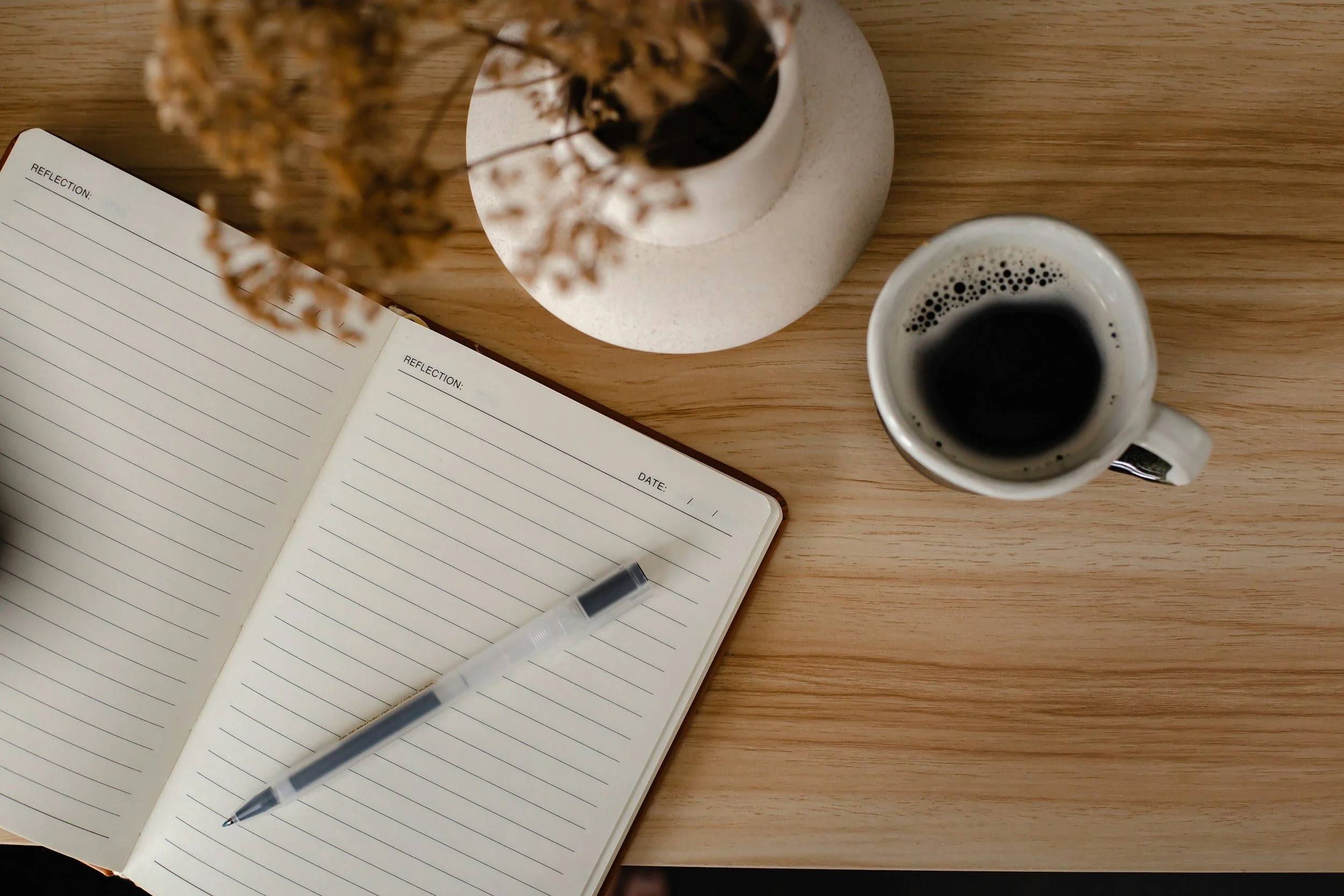The Power of Routines: How Small Daily Practices Support Mental Health
by Cali Shimkovitz, MEd, RP(Q)
When life feels overwhelming, it’s easy to believe that big, dramatic changes are the only way to feel better. But in reality, the small, steady habits we build into our days often have the greatest impact on our mental health. Routines provide a sense of structure and stability – two things our brains and bodies crave, especially when the world around us feels unpredictable.
Think of routines as anchors. They ground us, remind us of what’s within our control, and free up mental energy by reducing the number of decisions we need to make. When we know what to expect in our day, even in small ways, we feel more balanced and prepared to face challenges.
Why Routines Matter
One of the most powerful benefits of a routine is how it helps regulate stress and anxiety. Without structure, our days can feel scattered, which makes it harder to manage the endless decisions we face. A consistent routine simplifies those decisions: when you wake up, when you eat, when you rest, and how you start or end your day. This rhythm can bring calm to a mind that might otherwise feel cluttered.
Routines also play a huge role in supporting healthy sleep. Going to bed and waking up at the same time every day trains your internal clock. Over time, this can improve both the quality and length of your rest – something that directly influences mood, focus, and emotional resilience. Sleep isn’t just “nice to have”; it’s a cornerstone of mental health, and routine helps protect it.
Beyond stress and sleep, routines build momentum. Starting your day with something small, like making your bed or preparing a healthy breakfast, creates a sense of accomplishment that carries into the rest of your day. These seemingly minor wins add up, boosting motivation and creating a cycle of productivity and confidence.
Small Habits, Big Impact
The beauty of routines is that they don’t need to be complicated. Often, the simplest daily actions have the most powerful effect. For example, taking a few minutes in the morning to check in with yourself and ask, How am I feeling today? What do I need? can shift your mindset and set a positive tone. Movement is another small habit that pays off. Even a short walk or stretch break can reset your mood and energy levels.
Digital boundaries are also important to consider. It’s easy to fall into the trap of scrolling late at night or first thing in the morning, but carving out “phone-free” time (whether that’s during meals, before bed, or as you wake up) gives your brain space to rest and recharge.
Finally, practicing gratitude is a simple but powerful addition to a daily routine. Writing down just one thing you’re grateful for each day helps train your mind to notice the positives, even during stressful times. Over weeks and months, this small act can shift your overall outlook and build resilience.
Building Routines That Stick
The key to a helpful routine isn’t perfection – it’s consistency. Trying to overhaul your entire lifestyle at once usually leads to burnout. Instead, choose one or two habits that feel realistic and meaningful for you. Commit to those, and once they feel natural, you can add others!
It’s also important to remember that routines are meant to support you, not restrict you. They don’t have to be rigid schedules or long checklists. Think of them as flexible guides that create rhythm in your day. If you miss a step, it doesn’t mean you’ve failed – it just means you’re human. The goal is progress, not perfection.
The Bigger Picture
At Straight Up Health, we often remind clients that routines are less about control and more about stability. When life feels uncertain, routines can provide comfort. When motivation feels low, they can help you keep moving forward. And when stress feels high, they can create moments of calm that remind you you’re capable of handling it.
Small daily habits are like bricks. On their own, one brick doesn’t build much. But over time, brick by brick, you’re building something strong, steady, and supportive – a foundation for your mental health.
So start small. Pick one habit you’d like to anchor your day with. Stick with it. And let those little moments of consistency remind you: you have the power to support your mental health, one routine at a time.

